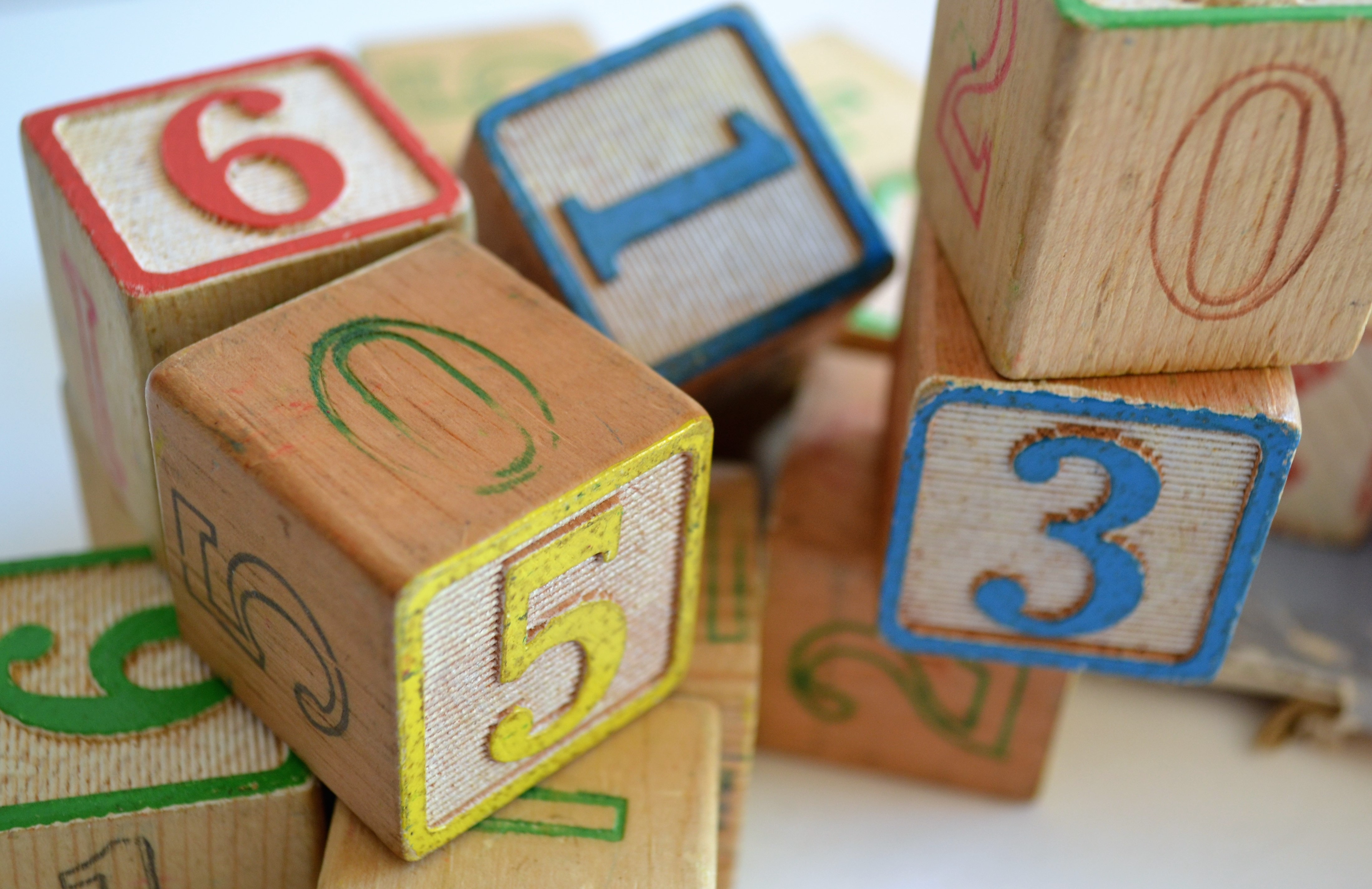Games Like Sudoku - Five Alternatives I Personally Enjoyed

Sudoku is a single-player, logic-based puzzle game where the goal is the fill up the empty cells in a grid with numbers 1-9, such that each row, column and square contains no repeats. While it’s easy to lose a few hours to it, it can also be fun to play games that are similar to Sudoku.
This week, I was looking into games that had the following criteria:
- Single player.
- Skill-based, though luck could also be a component.
- Easy to learn, but hard to master.
- Popular enough to have multiple implementations (web, mobile, etc.) and a community.
- Has replay value. That is, it doesn’t get boring on repeat.
After much research, I have come up with this list, ordered by similarity to Sudoku.
Wordoku
The first game I found was Wordoku, also known as Word Sudoku or Letter Sudoku. The gameplay is similar to Sudoku, but the numbers 1-9 are replaced with letters from an English word. The word itself has a few constraints: it must be nine letters in length and not contain any duplicate letters.
It also seems like the rules for this variant are not totally set in stone. Some implementations I found had another constraint: the left-to-right diagonal in the grid must contain the word spelled in order. But other implementations do not require this.
KenKen
KenKen is also known as Calcudoku. Similar to Sudoku, this game is played in a grid where you have to fill the empty cells with digits such that there are no repeats in any row/column. The difference is that there are sections (known as cages) where applying an arithmetic operation to the numbers in the section will produce a target number. Sections that only contain one cell are freebies.
A fun fact is that this game was only recently invented in 2004 by a mathematics teacher Tetsuya Miyamoto, who wanted to teach arithmetics. Who knew math could be so fun?
Nonogram
Nonogram is another game that at first looks similar to Sudoku. It is also played in a grid and the clues are numbers. However, the goal is to mark the empty cells as filled or not. The clues given for each column and row allow you to logically deduce how many cells are consecutively filled.
I found this game to be a lot of fun, and lost an hour playing it. It comes in different sized variants from 5x5 all the way to 25x25.
2048
2048 is a tile-based game, that still feels like Sudoku. It involves moving tiles around, where the aim is to combine two tiles with the same number. Combining two identical tiles results in a new tile with the sum. In this way, you build your way up from 2 to 4 to 8… to 2048.
This game is easy to play on your own, and while it seems like some luck is needed to actually win, luck alone won’t be enough. You need to shrewdly maneuver the tiles in just the right way to reach the final goal.
Solitaire
Solitaire is a classic, and like its name suggests, it was meant to be played solo. This card game can be played digitally (in one of its many variants), or using a physical deck of cards. The aim of the game is to move the cards around and eventually arrange the cards in order, by suit.
While the rules are fairly easy to understand, it’s possible to get stuck. Therefore, it is a game of endless depth and strategy. It is popular, with a large community, and has incredible replay value.
What is My Favorite Game?
In the end, I would say that my favorite sudoku-like game is Nonogram. It’s different enough from Sudoku (compared to Wordoku), and less mathematical (compared to KenKen), but still logic-based that I felt challenged. 2048 and Solitaire were definitely fun, but less similar to Sudoku than the rest of the games.
I would definitely recommend that you check out Nonogram.
And whenever you feel like coming back to Sudoku, you can play here.